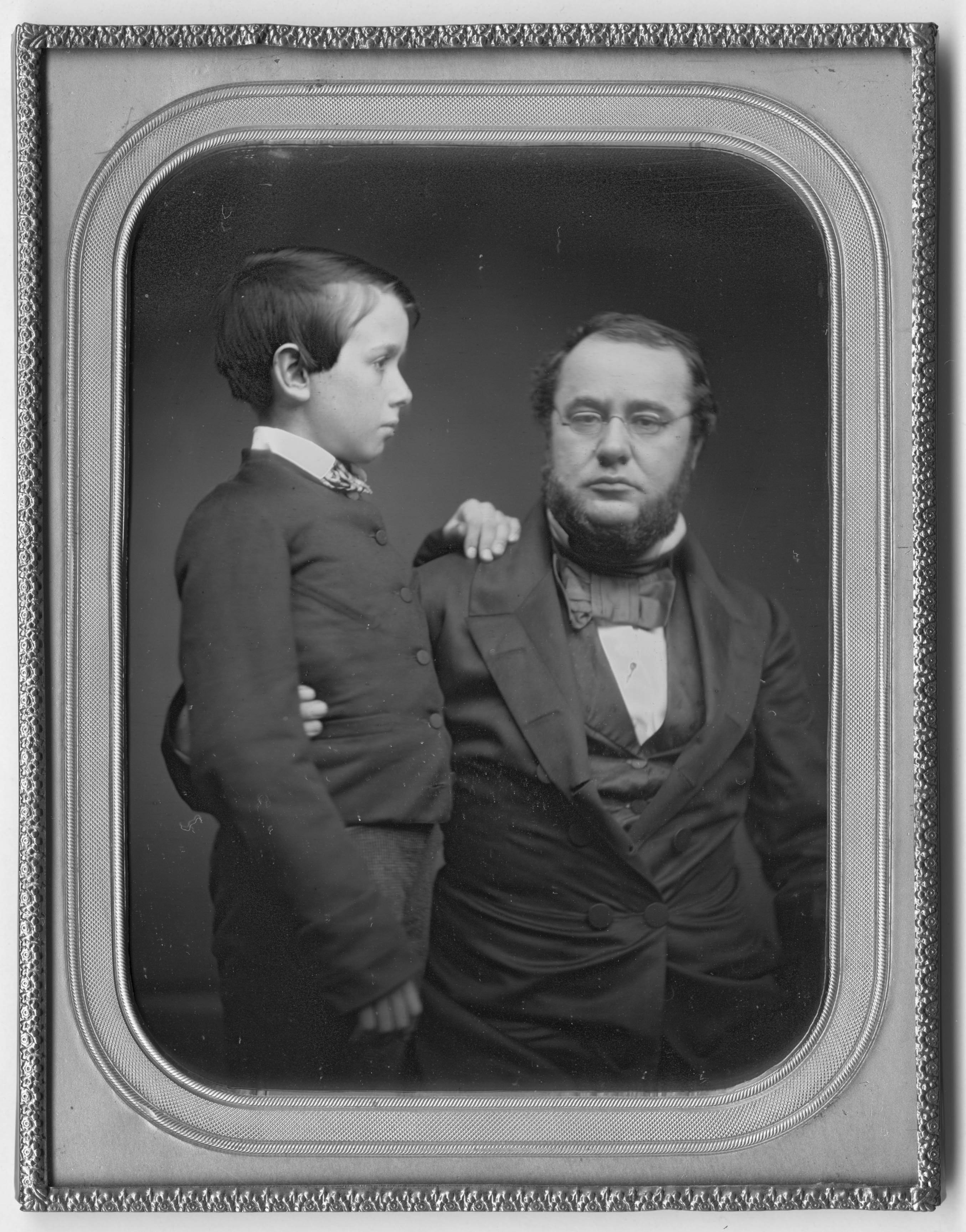Page 54
Prologue
After being led out of their church, the Indians,
all twenty-eight men, twenty-nine women, and thirty-nine children were tied up. Then an American irregular stepped forward
with a mallet. The man’s uncles had been killed only weeks earlier. He would now have his revenge. One by one he began
to beat the helpless Indians, and before they died he began to scalp them. Other Pennsylvanians joined in and soon the bloody
bodies of every captured Indian man, woman, and child lay before them. Before marching home, the militia men ransacked the
village and burned the remains of their victims. This brutal act of war became known as the Gnadenhutten massacre.
Page 58
Friday, January 17, 1845
McNulty
then addressed the House, stating that this was the first time he had heard the charges made by the Committee on Accounts,
and:
"I have not myself use one dollar of
the public funds."
"I have not lent to
any individual of the world one dollar of them."
"I
have made no disposition of them that the law does not authorize me and justify me in making."
He then told the congressmen that the vouchers
requested by their committee were in the hands of the pay clerk, Mr. Kershaw, who was absent on a family visit and late in
returning to his duties in Washington.
Caleb
then asked the congressional committee to wait for the clerk’s return so Mr. Kershaw could answer their inquiries. McNulty
explained that all the accounts and vouchers were in the possession of this pay clerk and not McNulty himself and that he
McNulty personally knew nothing about the details of the contingency fund expenditures.
McNulty then declared that in any case he
would settle with the Committee on Accounts "before 10am tomorrow" for every dollar of the public money that "came
in to his hands" as clerk to the House.
EDWIN
grieving widower, loving father,
bold
and brilliant lawyer

Page 72
When McNulty’s trial began, hehad added a new lawyer, a
youngish man of 30 named Edwin, to lead his defense team.
Although
Edwin was a fellow Ohioan and a Jacksonian Democrat, not all of McNulty’s few remaining supporters approved of Edwin,
a stranger to both Washington, D.C., and the federal court where the trial was being held.
Indeed Edwin had arrived in Washington only the night before the trial and had to stay up all night reading
the case files.
But McNulty knew that back in Ohio, Edwin was known both for his brilliant legal mind
and for being a man who would devote his entire being to win his client’s case.
He had become famous back home for
almost dying while defending a man accused of murdering his wife.
As the story went, the prosecution had the case sewed up after they entered
into evidence the alleged poison the husband used to kill his wife. In response, Edwin had dramatically drunk the concoction
to prove to the jury that the drink was not really a poison.
As it turned out, it was poison and it almost
killed him, but Edwin had such remarkable powers of persuasion in a courtroom that even after disproving his own assertion,
he won a verdict of not guilty for his client.
ANDERSONVILLE
PRISON
Union prisoners of war
await
their rations
Page 79
It was an old-looking young man who walked out of
the gates of the Florence, South Carolina, stockade in 1865, having survived the filth, disease, and brutality of this infamous
Confederate prison camp for Union captives, as well as his earlier confinement at the even more infamous Camp Sumter in Andersonville.
He was only 21, but Rob Roy, the son of Caleb McNulty, already had six years
of war service behind him.
Available in paperback,
you will find that
BEFORE MADOFF
The Forgotten Frauds of American
History
Volume I
is an enjoyable mix
of true fraud stories and fascinating anecdotes
from American history.
CLICK HERE TO BUY FROM AMAZON